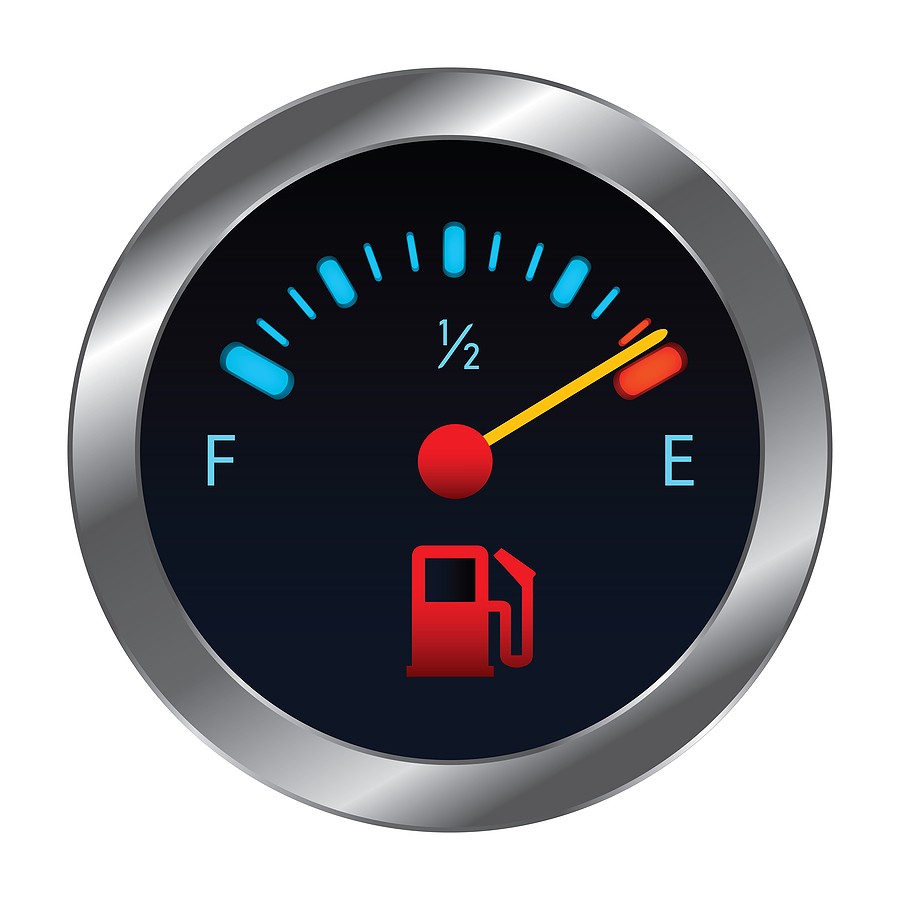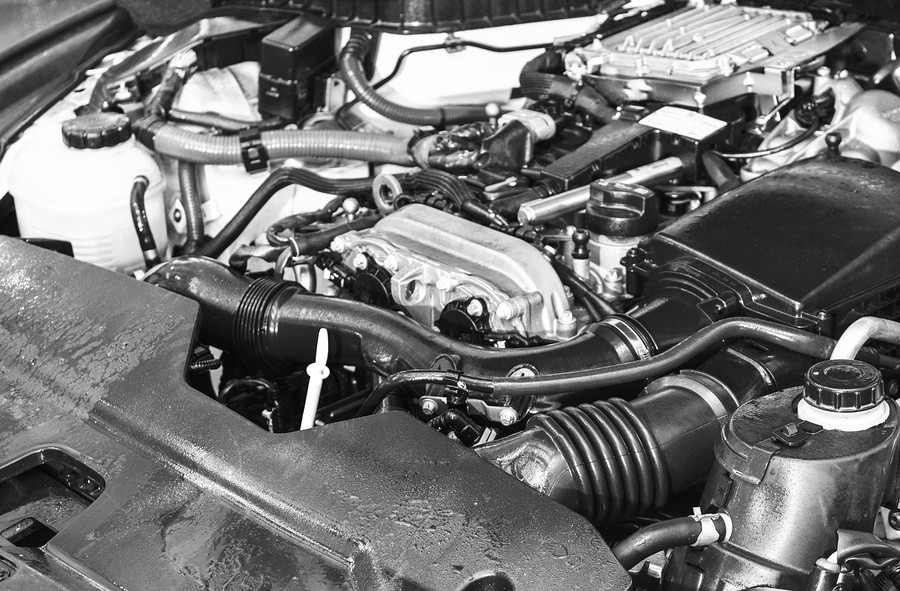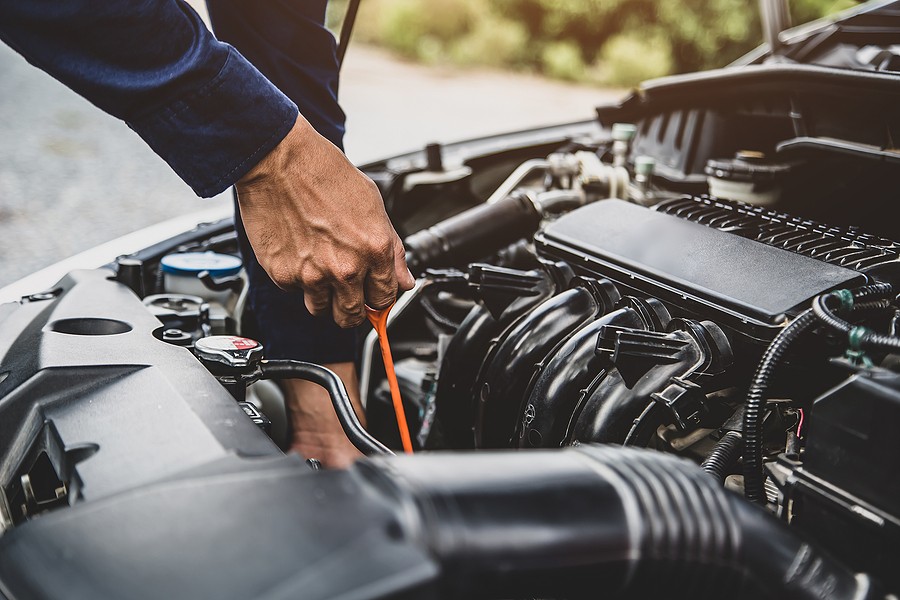A locked up engine can be a frustrating and costly problem for any vehicle owner. If you're experiencing engine trouble, it's important to address the issue as soon as possible to avoid further damage. In this guide, we'll cover everything you need to know about how to fix a locked up engine, including the causes, symptoms, and solutions.
What Causes A Locked Up Engine
There are several reasons why an engine may become locked up, including:
- Overheating: Overheating can cause the engine to seize up, leading to permanent damage. This can be caused by a lack of coolant, a clogged radiator, or a malfunctioning cooling system.
- Lack of Lubrication: Engine oil provides the necessary lubrication for the engine's moving parts. If the oil level is too low or if the oil has become contaminated, it can cause the engine to seize.
- Engine Wear and Tear: Over time, the engine's moving parts can become worn and damaged, leading to a locked up engine. This can be caused by a variety of factors, including age, mileage, and driving conditions.
- Mechanical Failure: Mechanical failure can also lead to a locked up engine. This can be caused by a broken timing belt, a broken crankshaft, or a seized bearing.
Symptoms of a Locked Up Engine
The symptoms of a locked up engine can vary depending on the cause of the problem. Some common signs include:
- Engine Will Not Start: If the engine is completely locked up, it will not start at all.
- Engine Misfire: If the engine is partially locked up, it may still start, but it may run poorly and misfire.
- Engine Noises: A locked up engine may make strange noises, such as knocking or ticking sounds.
- Engine Warning Lights: The check engine light may come on if the engine is having trouble.

Solutions to Fix a Locked Up Engine
The solution to a locked up engine will depend on the cause of the problem. Here are some common solutions:
Overheating
If the engine has become locked up due to overheating, the first step is to address the cause of the overheating. This may involve replacing a damaged radiator, flushing the coolant system, or replacing a damaged water pump.
Lack of Lubrication
If the engine has become locked up due to a lack of lubrication, the first step is to add fresh, clean oil to the engine. If the oil has become contaminated, it will need to be changed.
Engine Wear and Tear
If the engine has become locked up due to normal wear and tear, the best solution is to replace the damaged parts. This may involve replacing the engine, the crankshaft, or other engine components.

Mechanical Failure
If the engine has become locked up due to mechanical failure, the best solution is to have the damaged parts repaired or replaced. This may involve replacing the timing belt, the crankshaft, or other engine components.
FAQs
- Can a locked up engine be repaired?
Yes, a locked up engine can be repaired depending on the cause of the issue. Some common solutions include addressing overheating, adding lubrication, replacing worn parts, and repairing mechanical failure.
- How much does it cost to fix a locked up engine?
The cost of fixing a locked up engine can vary greatly depending on the cause of the problem and the extent of the damage. On average, repairs can range from a few hundred dollars to several thousand dollars.
- How can I tell if my engine is locked up?
There are several signs that indicate an engine is locked up, including: engine will not start, engine misfire, strange engine noises, and engine warning lights.
- Can I drive a car with a locked up engine?
No, you should not drive a car with a locked up engine as it can cause further damage and make the repairs more costly.
- Can a locked up engine cause damage to other parts of the car?
Yes, a locked up engine can cause damage to other parts of the car, such as the transmission or other engine components.
- Is it safe to drive with a misfiring engine?
No, it is not safe to drive with a misfiring engine as it can cause further damage to the engine and other parts of the vehicle.
- Can a locked up engine be prevented?
Yes, a locked up engine can be prevented by regularly maintaining the vehicle, including checking oil levels, addressing overheating issues, and having regular engine check-ups.
- What should I do if my engine is locked up?
If your engine is locked up, it's important to have it inspected by a mechanic as soon as possible to prevent further damage.
- Can a locked up engine be unlocked?
In some cases, a locked up engine can be unlocked through a process called engine un-seizing. However, this is not a guaranteed solution and depends on the cause of the issue.
- What is the best way to fix a locked up engine?
The best way to fix a locked up engine will depend on the cause of the issue. It's important to have a professional mechanic diagnose the problem and provide a recommended solution.
Conclusion
A locked up engine can be a frustrating and costly problem for any vehicle owner. However, by understanding the causes, symptoms, and solutions, you can take the necessary steps to address the issue and get your vehicle back on the road. Whether it's due to overheating, a lack of lubrication, engine wear and tear, or mechanical failure, there are solutions available to fix a locked up engine.



